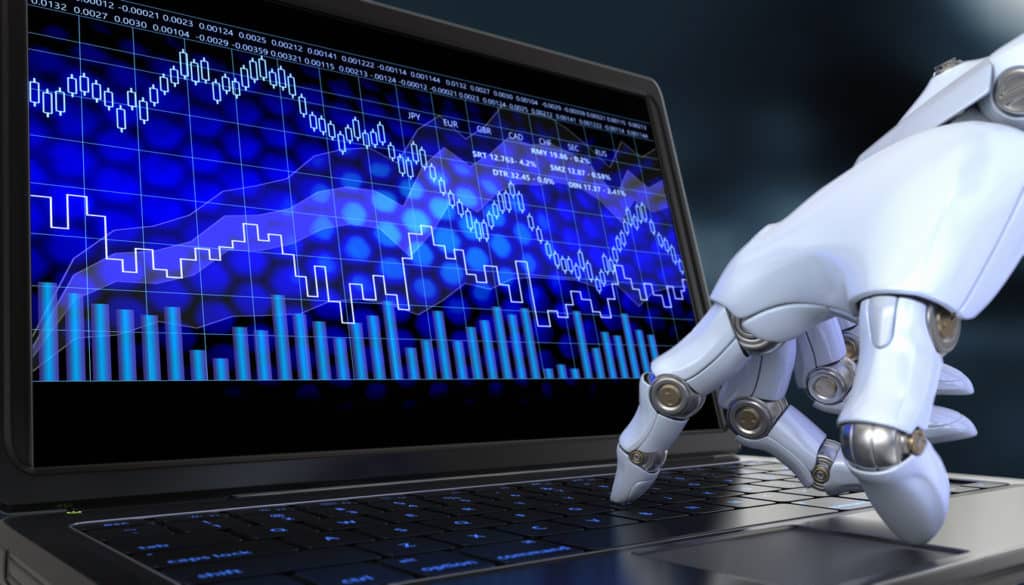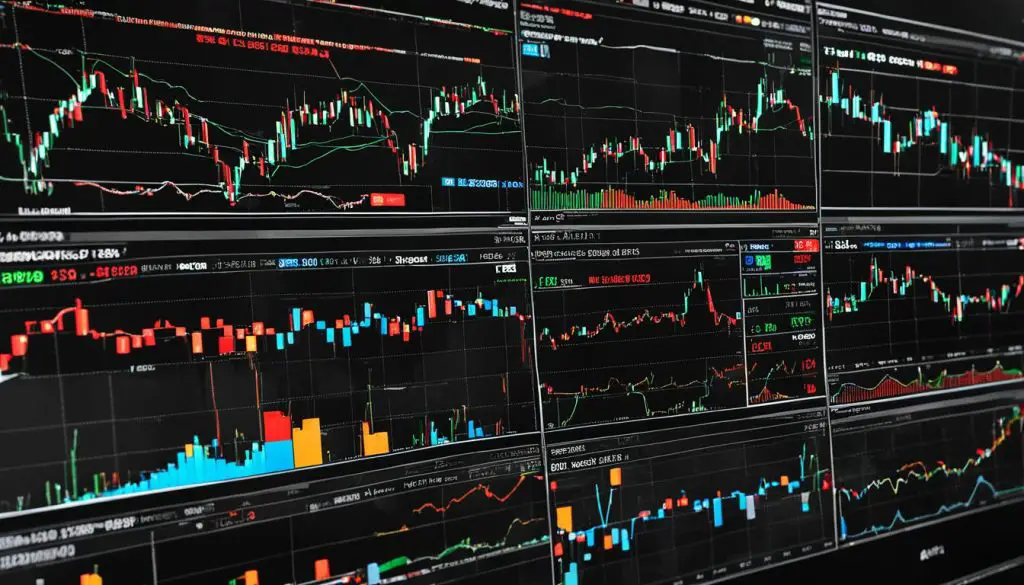In the fast-paced world of trading, where every second matters and decisions can result in substantial gains or devastating losses, emotional control often slips through the cracks. Traders frequently wrestle with anxiety, greed, and fear, which can cloud their judgment and lead to impulsive actions.
Enter automated trading – a technological marvel that promises to change the landscape of financial decision-making. By leveraging algorithms to execute trades based on predetermined criteria, this approach offers a systematic framework that could effectively curb the emotional turbulence that plagues many market participants.
But can automation truly replace the instinctive nuances of human decision-making? Or does it merely mask the deeper psychological challenges that traders face? As we delve into the intersection of technology and trading psychology, we’ll explore whether automated trading serves as a shield against emotional impulses or if it introduces new complexities to the age-old struggle of balancing reason and instinct in the volatile world of finance.
Introduction to Automated Trading

Automated trading has emerged as a powerful tool in the financial markets, revolutionizing the way traders interact with their investments. Using automated trading strategies, by utilizing sophisticated algorithms and advanced technology, these systems can execute trades at lightning speed, often capitalizing on fleeting opportunities that human traders might miss. This not only increases efficiency but can also help alleviate the emotional rollercoaster that often accompanies trading activities.
Emotions such as fear and greed can cloud judgment and lead to impulsive decisions, resulting in significant losses. In contrast, automated trading operates on predefined rules and logical analysis, reducing the risk of emotional interference.
As the complexity of financial markets grows, many traders are turning to automation as a means to enhance their strategies while protecting themselves from their own psychological biases.
The Role of Automation in Trading

Automation in trading serves as a powerful antidote to the emotional turmoil often associated with financial markets. By employing algorithms to execute trades based on predefined criteria, traders can distance themselves from the inherent psychological biases that frequently cloud their judgment.
Imagine a scenario: a trader, overwhelmed by fear during a market downturn, hesitates or makes a hasty decision that could lead to losses. In contrast, automated systems respond swiftly and unemotionally to market signals, ensuring trades are entered and exited based on logic rather than fleeting sentiments.
This tech-driven approach not only enhances the speed of transactions but also enforces discipline; it adheres strictly to strategies without deviation. However, while automation can significantly reduce emotional decision-making, the reliance on technology demands a deep understanding of the underlying algorithms and market conditions to avoid potential pitfalls.
Ultimately, the role of automation transcends mere execution; it redefines the traders experience, paving the way for a more calculated approach to investing.
The Future of Trading: Automation and Emotion in Harmony

As the trading landscape continues to evolve, the integration of automation and emotional intelligence is poised to redefine how traders operate. Imagine a world where algorithms handle the intricacies of data analysis, executing trades with unparalleled speed and precision, while simultaneously allowing human intuition to play a crucial role in decision-making.
In this future, traders will rely on advanced systems that can recognize patterns and predict market shifts, diminishing the impact of impulsive choices driven by fear or greed. However, it is not merely about machines replacing human insight; it’s about crafting a symbiotic relationship where technology amplifies the traders ability to focus on strategy and long-term objectives.
By harmonizing the cold logic of automated trading with the warmth of human emotion, we might unlock new dimensions of profitability and resilience in an ever-fluctuating market.
Conclusion
In conclusion, while emotional decision-making can significantly impact trading outcomes, leveraging automated trading strategies presents a viable solution for minimizing such emotional pitfalls. By relying on algorithms and predetermined criteria, traders can execute trades without the biases and irrational impulses that often accompany human judgment.
This not only enhances consistency and discipline in trading but also allows individuals to focus on broader market trends and long-term strategies. As technology continues to evolve, the integration of automated trading systems will likely play a pivotal role in shaping the future of financial markets, empowering traders to make more informed and rational decisions.


